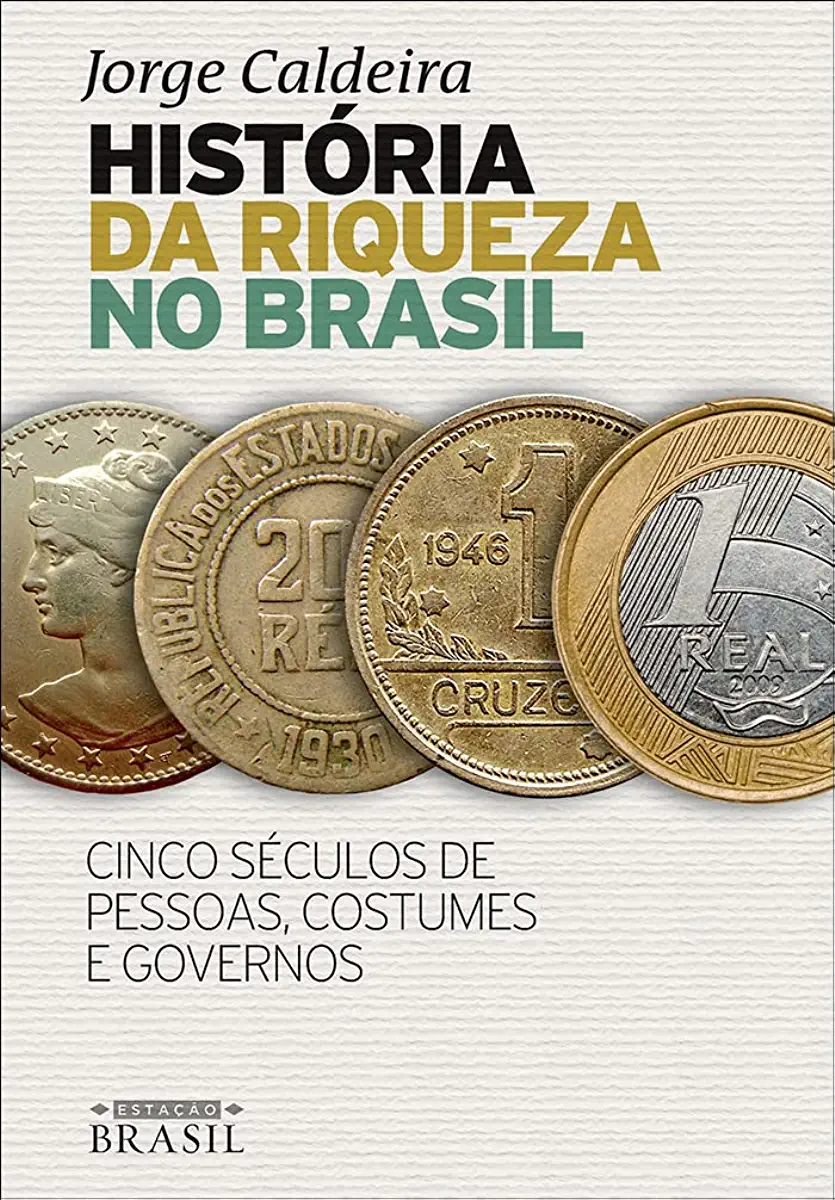
The Revolution of 1930 - José Murilo de Carvalho
The Revolution of 1930: A Pivotal Moment in Brazilian History
Introduction
In his groundbreaking work, "The Revolution of 1930," renowned historian José Murilo de Carvalho delves into the profound transformation that shook Brazil to its core. This meticulously researched and engagingly written book offers a comprehensive analysis of the events leading up to the revolution, the key players involved, and the far-reaching consequences that shaped the nation's trajectory for decades to come.
The Setting: A Nation on the Brink
Brazil in the early 20th century was a nation grappling with profound social, economic, and political challenges. The country's dependence on a single export commodity, coffee, left it vulnerable to the fluctuations of the global market. Economic disparities were stark, with a small elite controlling vast wealth while the majority of the population languished in poverty. Political power was concentrated in the hands of a small group of elites, leading to widespread discontent and a growing desire for change.
The Catalysts for Revolution
Carvalho meticulously dissects the factors that ignited the revolutionary fervor. The Great Depression, which began in 1929, wreaked havoc on Brazil's economy, causing a sharp decline in coffee prices and widespread unemployment. This economic crisis exacerbated existing social tensions and fueled the call for a new political order.
The Key Players: Visionaries and Revolutionaries
At the heart of the revolution were a group of visionary leaders who dared to challenge the status quo. Carvalho vividly portrays these individuals, including Getúlio Vargas, the charismatic military leader who emerged as the revolution's central figure. Vargas's populist appeal and his promise of social and economic reforms resonated with the masses, propelling him to power.
The Course of the Revolution: Triumph and Turmoil
Carvalho chronicles the dramatic events of the revolution itself, from the initial military uprising to the establishment of Vargas's provisional government. He deftly navigates the complex political maneuvers, alliances, and betrayals that unfolded during this tumultuous period.
The Aftermath: A New Era Dawns
The revolution brought about a profound shift in Brazil's political landscape. Vargas's government implemented a series of reforms aimed at modernizing the country, promoting industrialization, and addressing social inequalities. Carvalho examines the successes and challenges of these reforms, shedding light on the complexities of nation-building in a rapidly changing world.
Legacy and Impact: Shaping Brazil's Future
Carvalho concludes his masterful work by exploring the enduring legacy of the 1930 Revolution. He argues that the revolution marked a watershed moment in Brazilian history, setting the stage for the country's emergence as a major player on the global stage.
Conclusion: A Must-Read for Understanding Brazil
"The Revolution of 1930" is a tour de force of historical scholarship, offering a deep understanding of one of the most transformative events in Brazil's history. José Murilo de Carvalho's brilliant analysis and engaging narrative make this book a must-read for anyone seeking to comprehend the complexities of modern Brazil.
Enjoyed the summary? Discover all the details and take your reading to the next level — [click here to view the book on Amazon!]